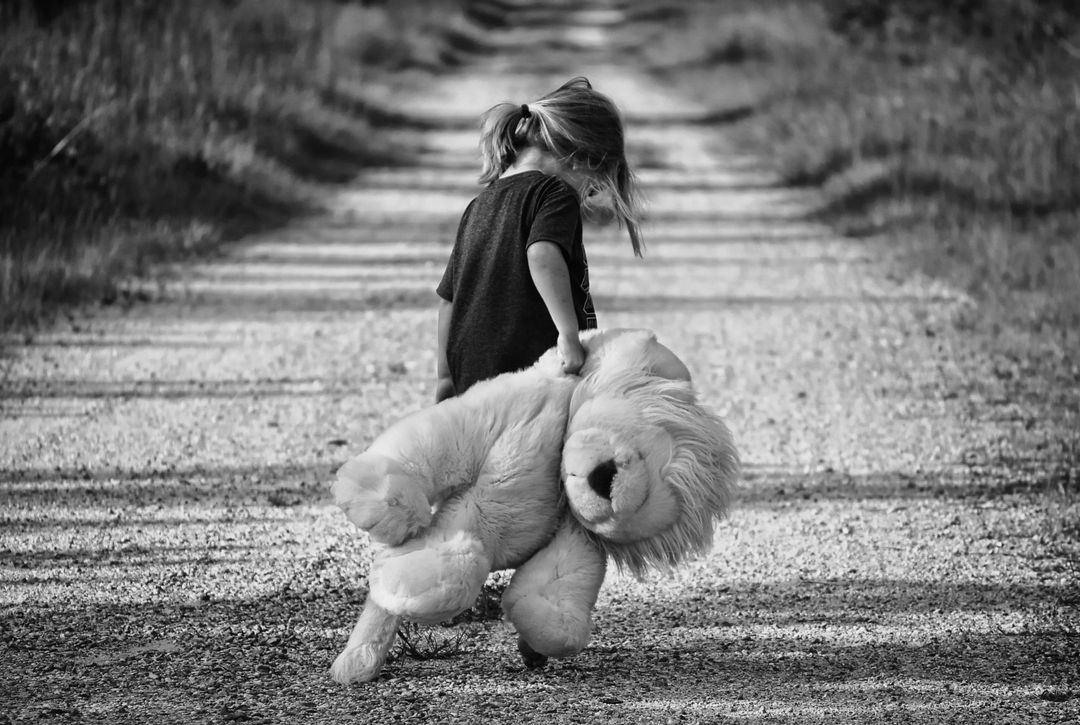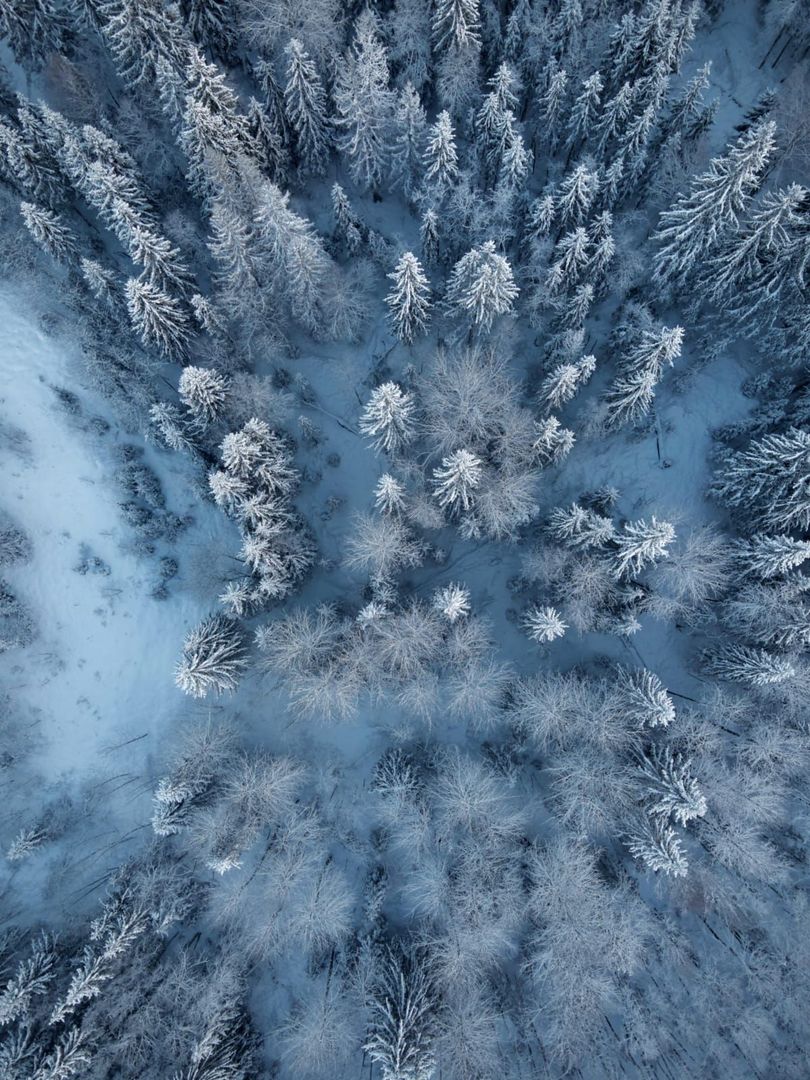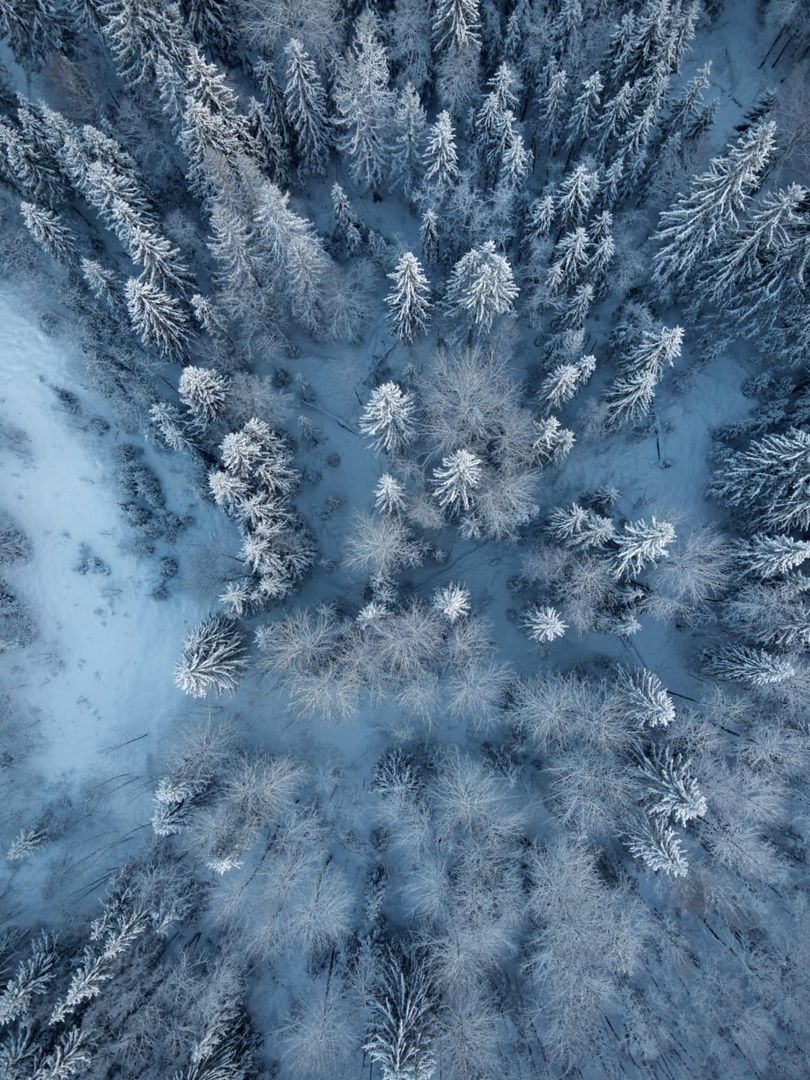
Being the Child of a Family Victimized by Decree-Laws
Discrimination, insult, threat, violence…
The events I am about to describe happened to me and my family in my homeland, Turkey, after July 15. After the coup attempt, both my parents and the parents of my friends were dismissed from their jobs by a decree-law (KHK), and later, their freedom was taken away based on fabricated accusations. Everyone’s life changed overnight. On the day my parents were supposed to go for police questioning, they spoke to me as if they would never return. They told me to protect and take care of my younger sibling. To prevent us from being psychologically affected, my parents hid the fact that they had been taken into custody.
During that time, I faced many difficulties in my education. My math teacher had reported a fellow teacher, leading to their dismissal. He hated students whose families were KHK(decree law) victims like us and expressed it at every opportunity. Because my parents were dismissed by KHK, everyone at school knew me. My teachers constantly scolded me for this reason. They made me watch videos of people who were crushed under tanks and died during the coup attempt, as if my family and I were responsible for their deaths. I couldn’t bear the pressure from my teachers and often cried. When I cried, they would harshly tell me, “If you’re going to cry, do it outside,” and kick me out of the classroom.
My art teacher tried to prevent my paintings from winning awards in competitions. Despite my talent, they constantly insulted me, saying, “You will never amount to anything.” My classmates would leave notes full of insults on my desk. Once, when I was passing in front of the classroom board, a student grabbed my head and slammed it against the board. At that moment, I deeply understood that in this country, they did not see us as “human.” Only those whose families had suffered like mine could understand me. We only shared our secrets and sorrows with each other. The mistreatment from teachers and classmates became so severe that some of my friends were even physically assaulted—some of them were forced to put their heads in the toilet as an act of bullying.
There was such an atmosphere of oppression in the country that even when we visited each other’s houses, we were anxious. When we walked past security cameras, we tried to avoid showing our faces. The effects of this oppression were even reflected in children’s games. For example, instead of playing house games, my friends’ younger siblings started playing “prison” games!
At one point, my family had to hide from the police. The atmosphere at home was extremely tense, and my sibling and I often stayed with our grandmother. One day, while playing in the park, my sibling fell and couldn’t breathe, but no one helped. Society had such a negative perception of us that I felt as if they would have celebrated, thinking, “One less terrorist.” We had been completely marginalized and labeled in our own country.
Later, when I started high school, we moved to another town. But because it was a small place, everyone quickly found out that my parents were KHK victims. Some families in our situation had their houses stoned. Those families were torn apart, and some parents were sent back to prison. For example, a young woman who tried to escape across the Meriç River was caught, and they put an ankle monitor on her even though she was pregnant. That family had a little girl. To avoid trouble, I secretly visited them. Sometimes, I disguised myself as a delivery driver on a motorcycle to see them. These were things you would only expect to see in a movie, but we lived them in reality. Every time I visited, I saw the fear in that little girl’s eyes. She would cry, and I would hug her, trying to ease her pain. I always asked myself: “What crime did these children commit? Who will compensate for their suffering? How can people be so heartless?”
At my new school, some students spoke badly about my family, insulted me, and threatened me. Due to the constant mistreatment, I had to drop out of school (I completed high school externally a year early). Later, I was accepted into the fine arts university’s painting department—the same school where my middle school art teacher had studied. The same teacher who constantly gave me low grades and told me I would never succeed.
Although I had started university, the hostility toward us had not changed. During an orientation session, a professor threatened me and others like me, saying that once we turned 18, legal action would be taken against us. That moment was a turning point in my life. We were living in our country, yet we had no right to live. We were constantly on edge, anxious, and afraid. From that moment on, I decided to stand by the hands of the little girl inside me and all the other children suffering the same fate.
This decision led me to seek asylum abroad. I reached my goal, and now I finally feel free. I am currently in a refugee camp, where I paint, run, and play with children freely. I sincerely hope that everyone gains their freedom as soon as possible. May all children—and the child within every person—be free. May God protect you all…
More from author
Discover more articles by Justice for Humanity

2 mins
5
67
Being the Child of a Family Victimized by Decree-Laws -2
Na 15 juli begonnen onze buren over ons te zeggen: "Steek hun huis in brand!"
Justice for Humanity

2 mins
1
54
KHK'lı Bir Ailenin Çocuğu Olmak-2
15 Temmuz’dan sonra komşularımız bizim için “Bunların evini yakın!” demeye başladılar.
Justice for Humanity

